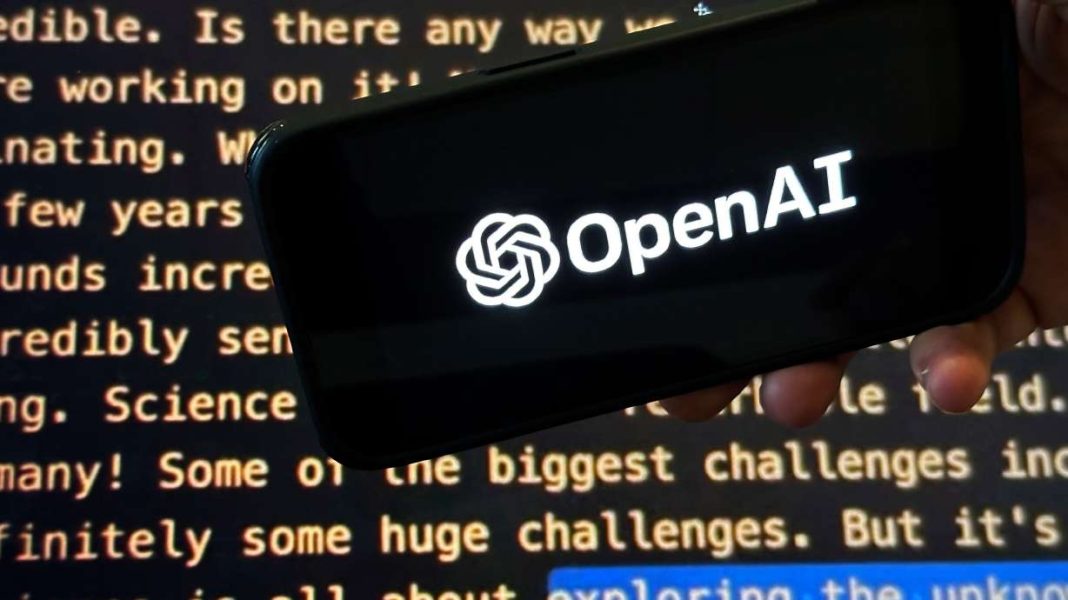Alright, folks, buckle up! Just when you thought the browser landscape was, well, set, a new player has stepped into the ring, and it’s coming from an unexpected corner. We’re talking about OpenAI, the innovators behind ChatGPT, now apparently gunning for Google Chrome’s crown with something truly ambitious: their new Atlas browser.
Yeah, you heard that right. Forget your traditional tab management and bookmarking; Atlas is here to redefine how we interact with the internet, powered by the very same AI wizardry we’ve all come to marvel at. Is it a bold move? Absolutely. Is it a potential game-changer? Let’s dive in.
Atlas: A Glimpse into AI-Powered Browsing
So, what exactly is Atlas? Imagine your browser not just rendering webpages, but actively understanding and assisting you with them. That’s the promise. Atlas isn’t just a skin over an existing engine; it’s built from the ground up with artificial intelligence as its core operating principle. Think less about clicking through endless links and more about asking your browser a question and getting a concise, intelligent answer synthesized from multiple sources.
We’re talking features like instant page summaries, where complex articles are distilled into digestible bullet points without you having to scroll. Picture natural language commands that let you “find the best recipes for vegan lasagna” and Atlas doesn’t just show you search results, but perhaps generates a curated list with shopping items or or even helps plan your week’s meals. It’s about making the internet less about information overload and more about information assistance. It’s a bold reimagining of our digital gateway, putting a smart, conversational layer between you and the web.
The Chrome Killer? Or a New Frontier?
Now, the million-dollar question: can Atlas truly unseat Google Chrome, the undisputed heavyweight champion of browsers for what feels like eons? Chrome’s ubiquity, its vast ecosystem of extensions, and its deep integration with Google’s services make it a formidable opponent. Shaking that foundation will be no small feat.
However, Atlas isn’t just trying to be another browser; it’s trying to be a smarter browser. Chrome’s strength is its familiarity and feature set, but its weakness might be its relatively static approach to browsing in an AI-first world. Atlas is betting big on the idea that users want a more proactive, intelligent companion for their online journey.
As one tech analyst, Dr. Evelyn Reed, put it, “Atlas isn’t just competing on speed or extensions; it’s redefining the very expectation of a browser. It’s not just about accessing information; it’s about processing, understanding, and personalizing that information on an unprecedented scale. This is a paradigm shift, not just an iteration.”
While a full-scale “Chrome killer” scenario might be a long shot initially, Atlas could carve out a significant niche among users who prioritize intelligent assistance, information synthesis, and a more streamlined, less cluttered browsing experience. It’s about efficiency and personalized interaction, not just raw speed.
Whether Atlas becomes the next dominant force or finds its place as a powerful, specialized tool, one thing is clear: OpenAI is pushing the boundaries of what a browser can be. This isn’t just about another internet browser; it’s about bringing cutting-edge AI directly to the very interface we use to connect with the world.
The web is evolving, and with Atlas, it seems our browsers are finally evolving to meet it. It’s an exciting time to be online, and we can’t wait to see how this new challenger reshapes our digital lives.




